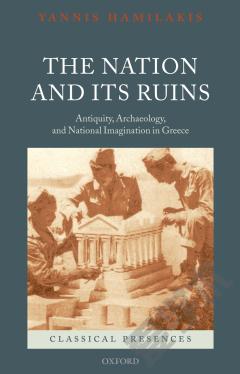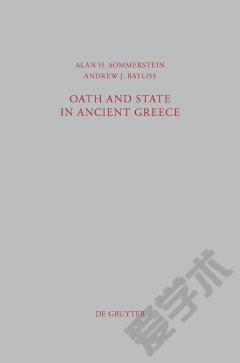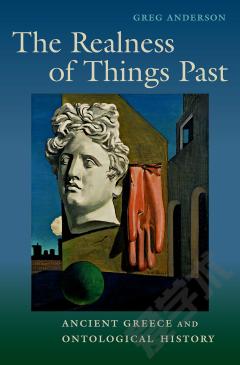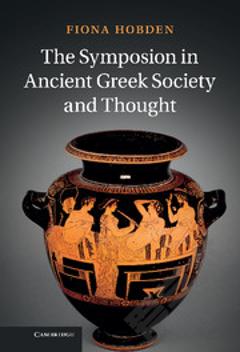The Nation and its Ruins —— Antiquity, Archaeology, and National Imagination in Greece
----- 国家及其毁灭:希腊古迹、考古学与国家想象
This innovative, extensively illustrated study examines how classical antiquities and archaeology contributed significantly to the production of the modern Greek nation and its national imagination. It also shows how, in return, national imagination has created and shaped classical antiquities and archaeological practice from the nineteenth century to the present. Yannis Hamilakis covers a diverse range of topics, including the role of antiquities in the foundation of the Greek state in the nineteenth century, the Elgin marbles controversy, the role of archaeology under dictatorial regimes, the use of antiquities in the detention camps of the Greek civil war, and the discovery of the so-called tomb of Philip of Macedonia. Contents 1. Memories cast in marble: introduction 2. The `soldiers' the `priests'. and the `hospitals for contagious diseases': the producers of archaeological matter-realities 3. From the Western to indigenous Hellenism: archaeology, antiquity, and the invention of modern Greece 4. The archaeologist as shaman the sensory national archaeology of Manolis Andronikos 5. Spartan visions: antiquity and the Metaxas dictatorship 6. The other Parthenon: antiquity and national memory at the concentration camp 7. Nostalgia for the whole: the Parthenon (or `Elgin') marbles 8. The nation in ruins? Conclusions
{{comment.content}}








 京公网安备 11010802027623号
京公网安备 11010802027623号